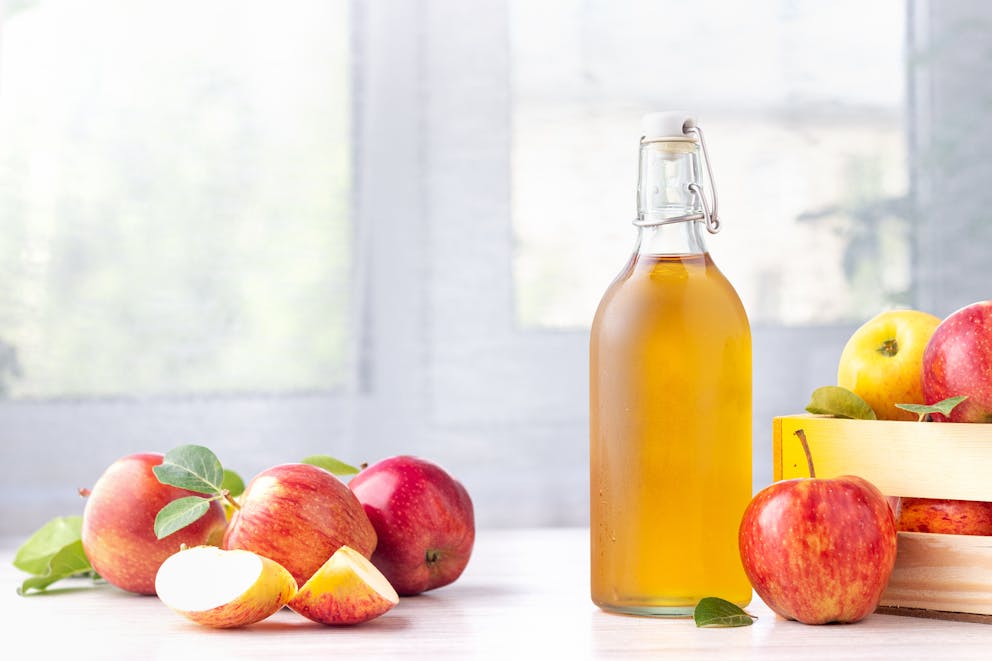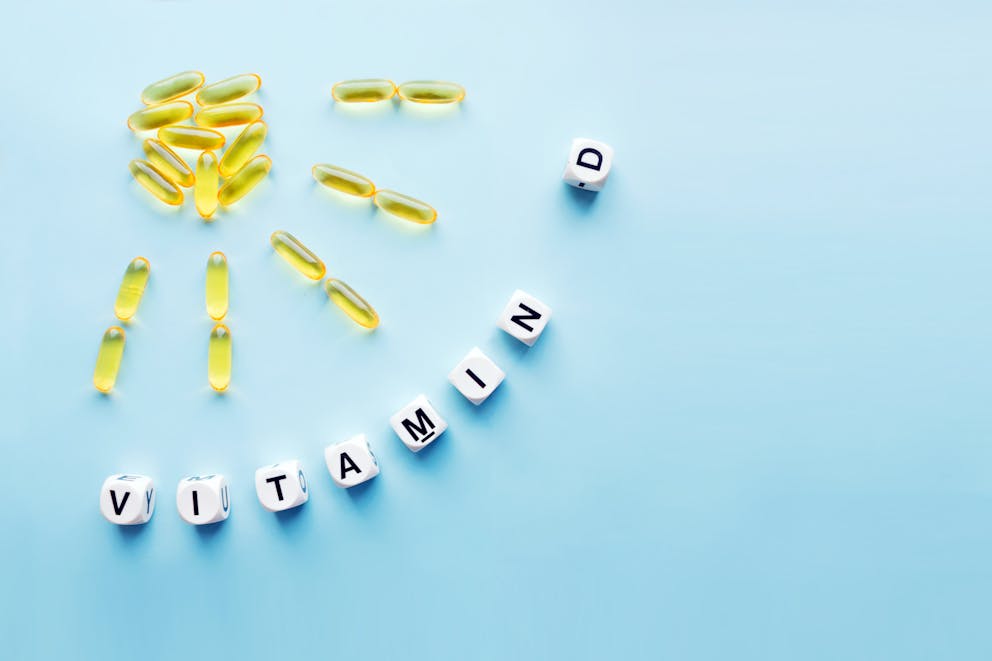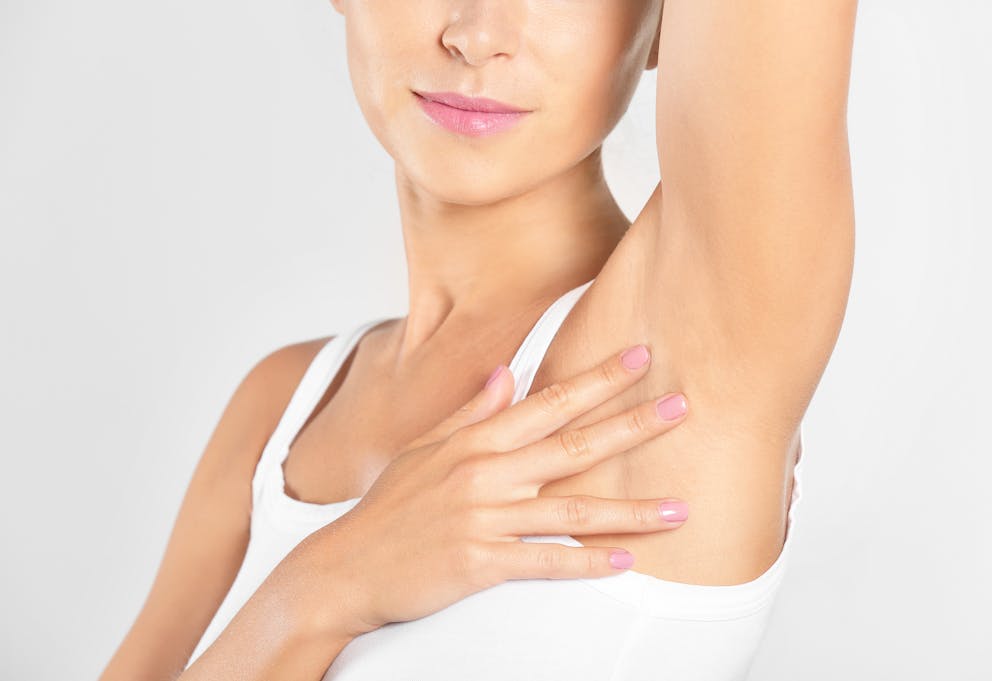How to Stop Sweating Armpits Naturally

25 Top Home Remedies That Really Work
Explore powerful home remedies for common health issues
Discover how to use everyday household ingredients to address minor ailments
Get practical tips for the safe and effective use of home remedies

25 Top Home Remedies That Really Work
Explore powerful home remedies for common health issues
Discover how to use everyday household ingredients to address minor ailments
Get practical tips for the safe and effective use of home remedies

25 Top Home Remedies That Really Work
Explore powerful home remedies for common health issues
Discover how to use everyday household ingredients to address minor ailments
Get practical tips for the safe and effective use of home remedies

25 Top Home Remedies That Really Work
Explore powerful home remedies for common health issues
Discover how to use everyday household ingredients to address minor ailments
Get practical tips for the safe and effective use of home remedies

25 Top Home Remedies That Really Work
Explore powerful home remedies for common health issues
Discover how to use everyday household ingredients to address minor ailments
Get practical tips for the safe and effective use of home remedies

25 Top Home Remedies That Really Work
Explore powerful home remedies for common health issues
Discover how to use everyday household ingredients to address minor ailments
Get practical tips for the safe and effective use of home remedies

25 Top Home Remedies That Really Work
Explore powerful home remedies for common health issues
Discover how to use everyday household ingredients to address minor ailments
Get practical tips for the safe and effective use of home remedies

25 Top Home Remedies That Really Work
Explore powerful home remedies for common health issues
Discover how to use everyday household ingredients to address minor ailments
Get practical tips for the safe and effective use of home remedies

25 Top Home Remedies That Really Work
Explore powerful home remedies for common health issues
Discover how to use everyday household ingredients to address minor ailments
Get practical tips for the safe and effective use of home remedies

25 Top Home Remedies That Really Work
Explore powerful home remedies for common health issues
Discover how to use everyday household ingredients to address minor ailments
Get practical tips for the safe and effective use of home remedies

25 Top Home Remedies That Really Work
Explore powerful home remedies for common health issues
Discover how to use everyday household ingredients to address minor ailments
Get practical tips for the safe and effective use of home remedies

25 Top Home Remedies That Really Work
Explore powerful home remedies for common health issues
Discover how to use everyday household ingredients to address minor ailments
Get practical tips for the safe and effective use of home remedies

25 Top Home Remedies That Really Work
Explore powerful home remedies for common health issues
Discover how to use everyday household ingredients to address minor ailments
Get practical tips for the safe and effective use of home remedies

25 Top Home Remedies That Really Work
Explore powerful home remedies for common health issues
Discover how to use everyday household ingredients to address minor ailments
Get practical tips for the safe and effective use of home remedies
While sweating is a normal physiological response to heat, stress, and physical exertion, excessive underarm sweating, known as hyperhidrosis, can impact self-esteem and make social interactions uncomfortable.
Sage, a common kitchen herb, has natural astringent properties, which means it can help constrict the sweat glands and reduce excessive sweating.
Learn how to use sage to stop sweaty armpits and what other natural remedies help to calm overactive sweat glands.

What is hyperhidrosis?
Hyperhidrosis is characterized by excessive sweating that goes beyond normal body temperature regulation.
It’s believed that around four percent of adults suffer from excessive sweat production, typically in the palms of the hands, soles of the feet, or armpits.
Excess underarm sweat is often accompanied by body odor and can cause emotional distress and impact a person's confidence and daily activities.
Conventional management of hyperhidrosis includes prescription strength antiperspirants, electromagnetic removal of sweat glands, or injecting clostridium botulinum, commonly known as botox, into armpits to block the nerve impulses that regulate sweat production.
Watch the video below to learn how sage may help stop sweating naturally.
What causes hyperhidrosis?
Most individuals with primary hyperhidrosis are otherwise healthy and have no underlying medical conditions that would explain overactive sweat glands and excessive sweating.
A study published in the Journal of Neurology & Neuromedicine found that hyperhidrosis may be caused by an overactive sympathetic nervous system triggering the excessive release of acetylcholine from nerve endings.
Acetylcholine is an important neurotransmitter that relays temperature control signals from the hypothalamus to the sweat glands. Elevated acetylcholine levels may stimulate more sweat than necessary to regulate internal body temperature, increasing sweat production.
Secondary hyperhidrosis is excessive sweating linked to an underlying medical condition, hormonal imbalance, or external factors such as medications or drug use.
Here are some common causes of secondary hyperhidrosis:
Hyperthyroidism
Infections such as tuberculosis or HIV
Neurological disorders
Alcohol or drug abuse
Medications such as antidepressants and antihypertensive drugs
Hyperhidrosis can be bothersome but typically isn’t a serious medical concern.
However, in some instances, chronic sweating can be a sign of a serious heart condition, and it’s crucial to consult a healthcare provider if you experience excess sweat in combination with dizziness, chest pain, cold skin, and a rapid pulse.

How to stop excessive armpit sweating
A range of prescription medications and antiperspirants can inhibit sweat gland function and reduce excess sweating. However, these treatments can trigger side effects such as skin irritation, bladder issues, dry mouth, and blurred vision.
Unsurprisingly, many individuals with hyperhidrosis are looking for natural deodorants and remedies to stop underarm sweat.
Sage extracts have traditionally been used to treat excessive sweating, night sweats, and menopausal hot flashes.
It’s believed that sage’s ability to reduce chronic sweat is primarily due to its high concentrations of tannins. These potent phytochemicals have astringent properties that constrict sweat glands which naturally helps stop excess sweating.
A study published in Advances in Therapy confirms that sage is an effective remedy that treats hyperhidrosis and reduces excessive sweat symptoms by as much as 60 percent.
How to use sage to stop underarm sweat
Sage is a versatile herb that can be used in various ways to stop sweating.
Sage tea is an easy homemade remedy made by steeping dried sage leaves in hot water for 10 to 15 minutes. Most people consume up to three cups per day to manage hyperhidrosis.
Sage tinctures and deodorants can be applied topically to your underarm skin to reduce excess moisture and help eliminate odor-causing bacteria that cause unpleasant sweat smells.
Research published in the Journal of Research in Medical Sciences states, “A single treatment with a stick deodorant containing dichloromethane sage extract was effective in reducing hyperhidrosis malodor.”
Alternatively, sage extract is available in supplemental form, and taking between 300 to 400 milligrams of sage daily is an effective dosage to manage hyperhidrosis symptoms.

Other hyperhidrosis remedies
Sage is a common household herb that’s generally well tolerated. However, some individuals are sensitive to the essential oils in sage, which can cause allergic reactions and digestive system issues.
Luckily, there are several other natural ways to stop excess sweat.
Apple cider vinegar
Apple cider vinegar (ACV) has many impressive health benefits and may help to reduce excess sweat and unpleasant odors.
ACV is a rich source of acetic acid, a natural acid and precursor to acetylcholine that supports normal nerve signal transmission from the hypothalamus to the sweat glands, which may be beneficial in reducing hyperhidrosis symptoms.
In addition, ACV can be directly applied to the skin, where it has been shown to close up pores and eliminate odor-causing bacteria, which explains why many people with hyperhidrosis use diluted ACV as a natural antiperspirant.
Witch hazel
Witch hazel bark extract has potent astringent properties that tighten the skin and decrease the size of pores.
Applying a few drops of witch hazel extract to the armpits can cause a temporary tightening of underarm skin, which has been found to reduce sweat production.
Tea tree oil
Like witch hazel, topical tea tree oil application to sweaty areas can reduce excess moisture due to its ability to constrict pores and sweat glands.

Vitamin D
Vitamin D, also known as the sunshine vitamin, plays a crucial role in regulating nervous system functions, and inadequate vitamin D status is linked to a higher risk of developing excessive sweating.
Vitamin D deficiency is common and affects almost half of all U.S. adults. Factors such as age, average sun exposure, and health status impact vitamin D production in the skin, leaving large proportions of the population at risk of low vitamin D levels.
A vitamin D3 supplement is a convenient and effective way to raise and maintain healthy blood levels and may help reduce underarm sweat.
Baking soda
Baking soda is an effective natural deodorant. It has potent water-absorbing properties, and its alkaline pH helps to get rid of microbes that thrive in an acidic environment and often are responsible for pungent sweat odor.
Apply generous amounts of baking soda to sweaty areas each night. Let sit and rinse after half an hour. A longer application time can cause itching and sensitive underarm skin.
Chamomile tea
While chamomile tea doesn’t reduce excessive sweat directly, it contains various natural compounds that interact with brain receptors and promote relaxation.
Reducing stress levels and inducing calmness may help to downregulate an overactive sympathetic nervous system linked to hyperhidrosis.

Key takeaways
Although most cases of hyperhidrosis aren’t serious medical issues, people that sweat excessively can experience emotional distress and may find social interactions uncomfortable.
Sage contains potent phytochemicals such as tannins that may constrict sweat glands and skin pores, which helps to reduce underarm sweat.
Taking a sage supplement or using a sage-containing deodorant can significantly improve hyperhidrosis symptoms and has been found effective in managing menopausal hot flashes.
FAQ
1. Why do my underarms sweat so much?
Excessive underarm sweat, also known as axillary hyperhidrosis, can have various causes, including an overactive sympathetic nervous system and genetic predisposition.
Hyperhidrosis can also be a symptom of an underlying condition such as hyperthyroidism, menopause, infections, or neurological disorders.
2. Does sage stop sweaty armpits?
Yes, sage may be beneficial for people with hyperhidrosis.
Sage contains tannins, which are potent phytochemicals with astringent properties. Tannins have been found to constrict sweat glands which reduces sweat output and helps to stop excessive underarm sweat.
3. What is hyperhidrosis?
Hyperhidrosis is a condition that causes excessive sweat production that’s not proportional to normal body temperature regulation.
Individuals with hyperhidrosis typically experience excessive sweating in specific body areas, such as the underarms, palms of the hands, soles of the feet, or the face.
4. How do you know if you have hyperhidrosis?
Excessive sweat production that’s not related to a hot and humid climate or physical exertion and is isolated to specific body parts may be indicative of hyperhidrosis.
5. How much armpit sweat is too much?
If armpit sweat isn’t related to your surrounding temperature, interferes with your daily activities, and causes significant discomfort, you may suffer overactive sweat glands.
6. Why do my armpits sweat even when I use antiperspirant?
Different antiperspirant products have varying strengths, and some are more effective than others in controlling sweat.
If your antiperspirant isn’t providing enough sweat protection, consider a sage-containing deodorant that has been found effective in reducing excess sweat linked to hyperhidrosis.
7. Is underarm sweating due to anxiety?
Yes, underarm sweating can be caused by anxiety, which activates the body's fight-or-flight response, triggering various symptoms, including increased sweating.
8. What vitamin deficiency causes armpit sweat?
Although more research is needed to establish the link between vitamin deficiencies and hyperhidrosis, there is evidence that inadequate vitamin D and B vitamin levels increase the risk of excessive sweating.
9. What foods increase armpit sweat?
There are several sweat-inducing foods and beverages, including spicy and high-sodium foods, hot and caffeinated drinks, and alcohol.
10. What foods decrease armpit sweat?
Eating tomatoes or drinking tomato juice has been found to reduce the size of skin pores and sweat gland activity, which may be beneficial in managing hyperhidrosis symptoms.
Previous blog
Stop Frying Your Brain With Your Cell PhoneTags

Popular
08/21/2024
55.7K views
02/23/2025
46.8K views
11/18/2024
281.2K views
03/18/2024
11/21/2022




